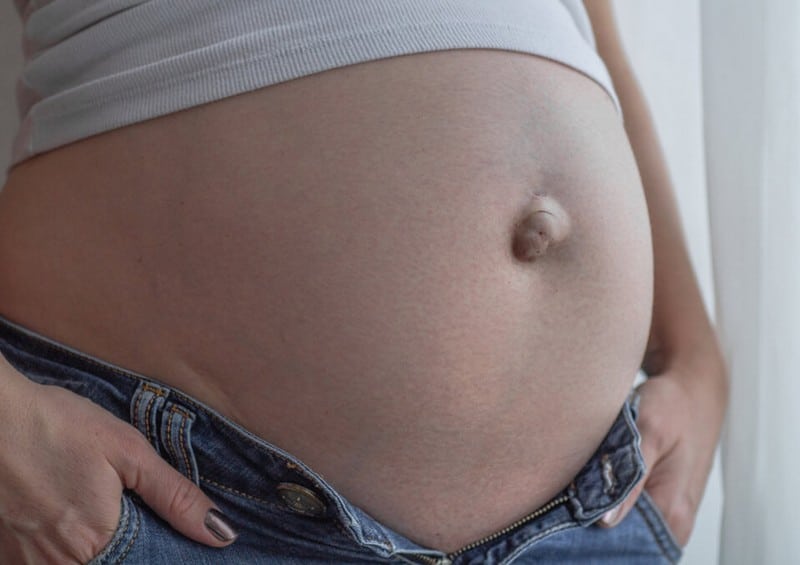Bloating

Bloating is typical throughout pregnancy and rarely a cause for alarm. Moreover, this condition may resemble having a balloon inflated inside the stomach. Bloating is regarded by medical professionals as a functional bowel problem, along with constipation, diarrhea, and irritable bowel syndrome (IBS).
Hormonal changes during pregnancy are one potential reason for bloating. As a result of the womb’s relaxation caused by pregnancy hormones, digestion is slowed. It can result in constipation, a typical problem for pregnant women, making them feel bloated.
Frequent bloating starts in the first trimester and may get worse in the third trimester, starting in week 29, as the fetus grows and puts pressure on the organs around it. Additionally, women who had IBS before becoming pregnant can experience worsening or increased symptoms. Constipation, diarrhea, bloating, and other symptoms are brought on by IBS, along with recurrent abdominal pain.
Pregnant women may also be more conscious of their small intestine feelings due to their elevated emotions and body awareness. Because of this, a pregnant woman may experience bloating more strongly than a non-pregnant person.










